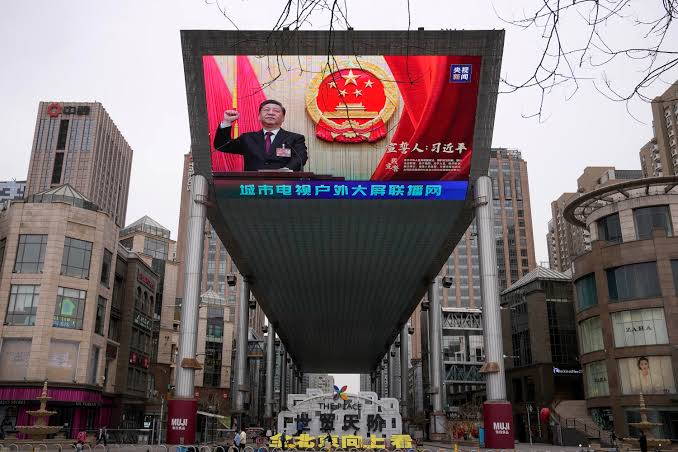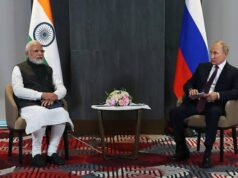Press freedom in China at Nadir

The 2023 World Press Freedom Index, released on May 3 by Reporters Without Borders, ranks China as the second lowest out of 180 countries and territories worldwide, with only North Korea surpassing it.
No wonder China has even expelled all Indian Reporters stationed in China . Last one has already left China .
Press freedom in China has reached its lowest point to date during and after the pandemic, revealed a recent survey. This has given rise to concerns regarding the safety of citizen journalists who are subject to scrutiny by the ruling Chinese Communist Party (CCP), Just Earth News reported.
Just Earth News is a humanitarian news portal run by a group of journalists from various parts of the world.
May 3 is internationally recognized as World Press Freedom Day, a commemoration established by the United Nations General Assembly in 1993.
According to Just Earth News, the Universal Declaration of Human Rights, endorsed by the UN, acknowledges freedom of expression as a fundamental right that forms the foundation for the enjoyment of other human rights.
The act of reporting the truth, however, comes at a significant cost in China.
Whistle-blowers such as Fang Bin, Zhang Zhan, and Li Wenliang, who exposed critical information about the COVID pandemic in its early stages, continue to endure detention, persecution, and harassment from the communist regime.
Fang Bin, who documented the reality of COVID-19, was released from prison on April 30 but finds himself unable to return home due to threats received by his family in Wuhan.
Fang Bin is currently navigating the streets of Wuhan without any means of support, as reported on Twitter. His access to interviews has been closely restricted by local authorities. His movement is being closely monitored.
Chinese authorities provided limited information on Fang’s whereabouts and status following his disappearance in early 2020, ultimately sentencing him to three years in prison without public knowledge, as per Just Earth News.
Cao Moyan, a friend of Fang, disclosed that the trial and conviction of Fang, due to his significant influence, were deliberately kept concealed, leaving the public unaware of his eventual release.
Cao expressed hope that the CCP’s efforts to prevent Fang from returning home might inadvertently keep him in the public eye.




